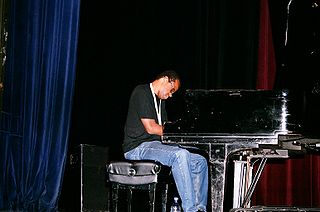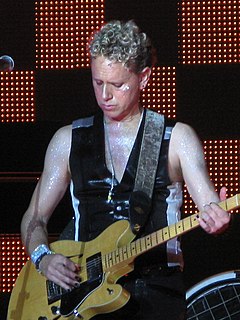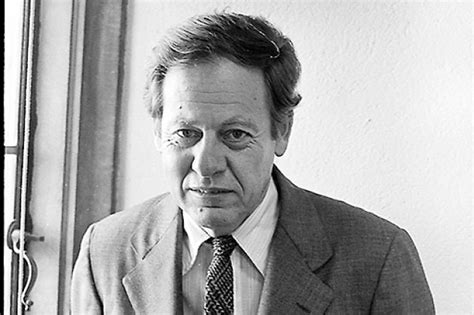A Quote by Matthew Shipp
The iconoclastic mode, that specific mode of language, there is an element of it that it is punk - that is confrontational. That's just a part of the language of jazz - at a certain point.
Related Quotes
What I believe is that people have many modes in which they can be. When we live in cities, the one we are in most of the time is the alert mode. The 'take control of things' mode, the 'be careful, watch out' mode, the 'speed' mode - the 'Red Bull' mode, actually. There's nothing wrong with it. It's all part of what we are.
I love story-writing because I can (more or less, on occasion) actually DO it. That's really the truth. I like the idea that a story is sort of a site for making cool language effects - a site for celebrating language, and, therefore, the world. And the brevity is part of the challenge. I like stories because I get them - I know how to make beauty, or something like beauty, in that mode.
The advantage of the gypsy language, even though I don't understand it that much, the language is perfect melody. So if you propose the movie the way I do, then the language is just one part of the melody. Orchestrating all inside, and the language is following the meaning of what they say, and it's never the same as written.
If you are leaping a ravine, the moment of takeoff is a bad time for considering alternative strategies... Do it in the 'closed' mode. But the moment the action is over, try to return to the 'open' mode... because in that mode we are the most aware, most receptive, most creative, and therefore at our most intelligent.
Creating the characters is the most creative part of the novel except for the language itself. There I am, sitting in front of my computer in right-brain mode, typing the things that come to mind - which become the seeds of plot. It's scary, though, because I always wonder: Is it going to be there this time?
We believe we can also show that words do not have exactly the same psychic "weight" depending on whether they belong to the language of reverie or to the language of daylight life-to rested language or language under surveillance-to the language of natural poetry or to the language hammered out by authoritarian prosodies.



































